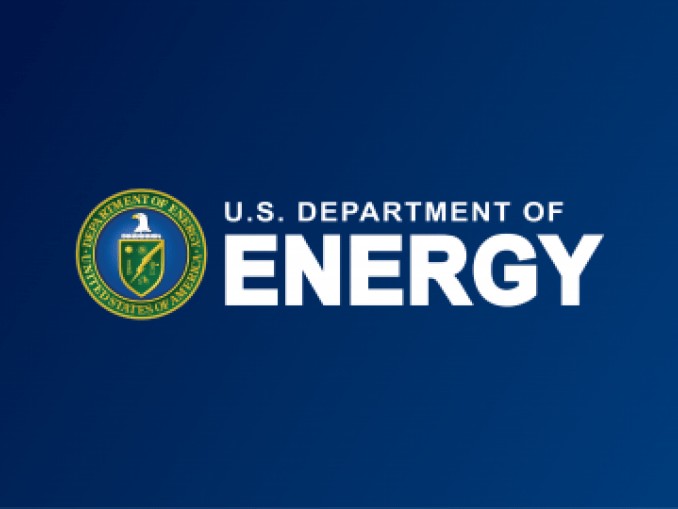Amid mounting pressures to reduce carbon footprints and enhance energy resilience, the U.S. Department of Energy (DOE) recently reiterated its commitment to advancing Small Modular Reactor (SMR) technologies by revising the eligibility criteria for its substantial $900 million funding opportunity. This strategic pivot eliminates prior community benefit criteria, channeling emphasis on technical merit, and is poised to reshape the landscape of nuclear energy innovation.
Small Modular Reactors, regarded as the next frontier in nuclear technology, offer scalable and efficient alternatives to traditional nuclear plants. The DOE’s decision to forego community-focused criteria underscores a technical-first approach, shedding light on operational feasibility and innovation in SMR designs. This reevaluation aligns with industry calls for enhancing U.S. leadership in nuclear technology amid increasing global competition. According to the International Atomic Energy Agency, the next decade could see a 25% increase in nuclear’s contribution to global energy if SMRs overcome technical and regulatory hurdles.
Analysis of previous funding cycles reveals mixed outcomes concerning the inclusion of community benefits as a selection criterion. While it aimed to ensure local socio-economic gains, critics argued it occasionally overshadowed promising technologies lacking immediate community ties. The DOE’s reissued opportunity now prioritizes technical advancements, potentially accelerating the deployment of advanced SMRs with higher safety measures and lower waste production.
Market experts note that focusing on technical merit also addresses critical challenges such as operational efficiency and cost reduction. Data from the Nuclear Energy Institute (NEI) highlights that next-gen SMRs could achieve cost reductions of approximately 30% compared to conventional reactors, contingent upon overcoming design optimization challenges. By decreasing capital costs and improving scalability, SMRs can solidify their role in a diverse energy mix, supporting grid stability while meeting decarbonization targets.
However, this shift raises questions about the sidelining of community and environmental considerations in the project selection process. Advocates for comprehensive assessments argue that a balanced approach could foster more sustainable and ethically responsible advancements. They assert that engaging communities and addressing potential social impacts should coexist with technical innovation rather than be secondary to it.
As the DOE navigates the complexities of advancing nuclear technology, industry stakeholders remain alert to policy adjustments that may influence SMR uptake. Experts anticipate that the successful integration of these reactors into the energy infrastructure will require not only technical validation but also a nuanced appreciation of socio-environmental dynamics.
